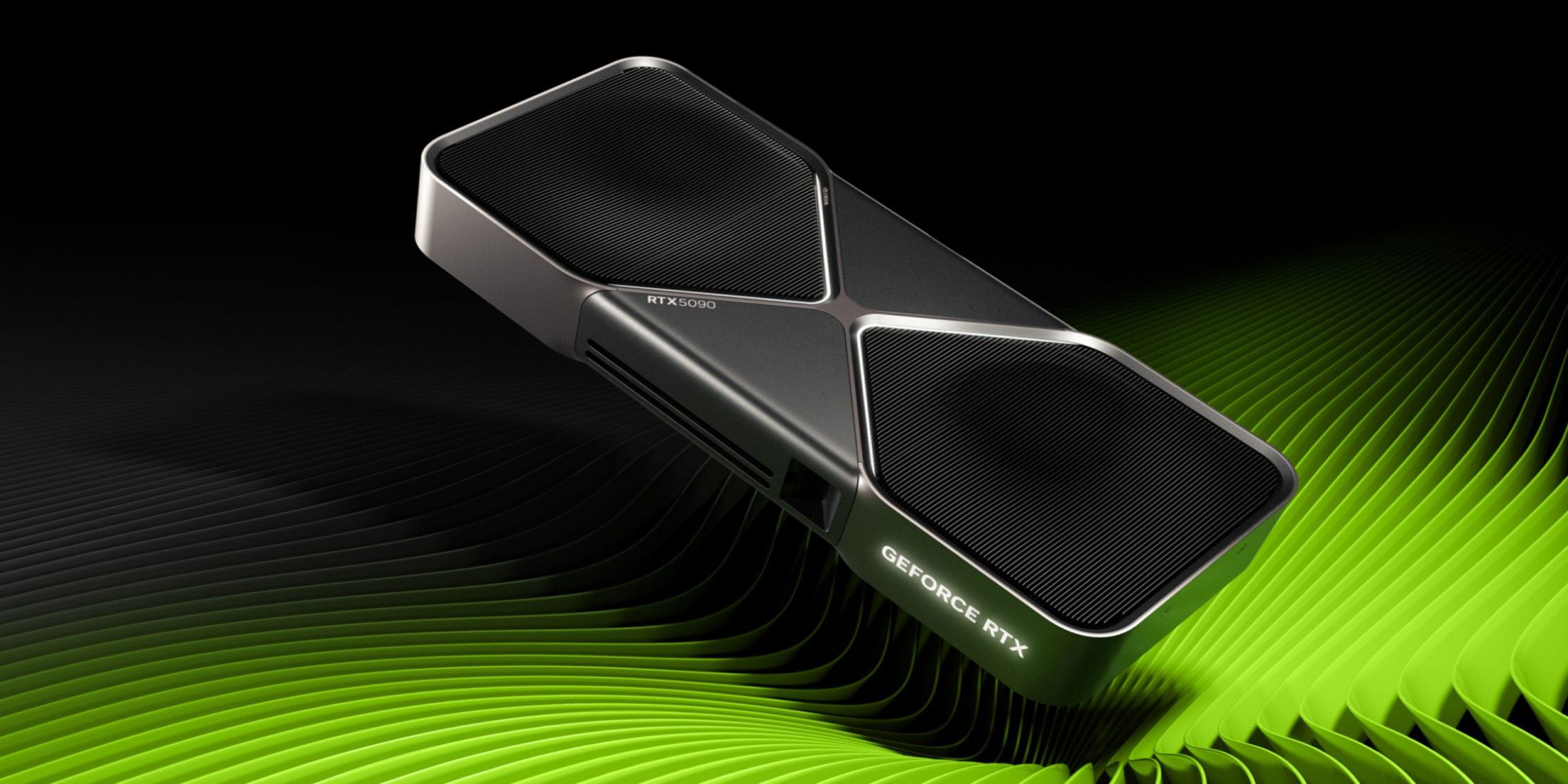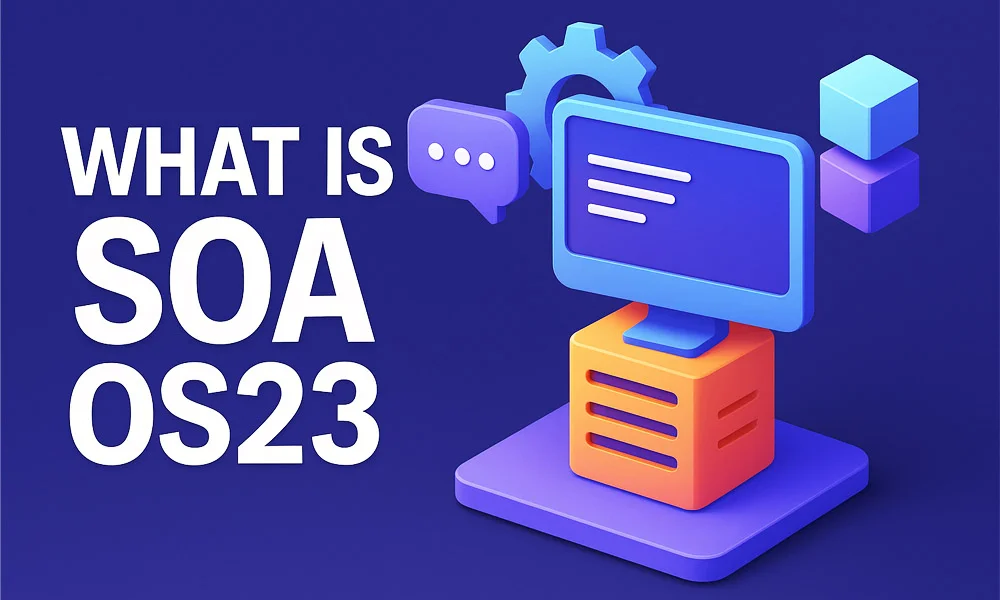Imagine this: you’re having a rough day, maybe you’re stressed, maybe you just got into an argument, or maybe you’re simply not feeling like yourself. You open your phone, and without saying a word, it shows you calming music, reminds you to take deep breaths, or hides notifications that might overwhelm you. Sounds futuristic, right?
Well, it’s not as far away as you think.
A leak from a trusted internal source suggests that Google is quietly testing an advanced AI that can detect your emotional state just by looking at your face. This isn’t your regular face recognition tech that unlocks your phone or tags your face in a photo. This goes deeper, trying to read your emotions in real time.
Yes, Google is building mood-detecting AI. And nobody’s talking about it… yet.
What Exactly Is Mood AI?

To put it simply, mood AI is an artificial intelligence system that analyzes facial expressions, micro-movements, eye activity, and even muscle tension to understand what you’re feeling. It picks up on cues that even humans miss.
This AI doesn’t need you to speak, write, or type. It just needs a look at your face through your phone’s camera and within milliseconds, it “knows” whether you’re sad, frustrated, bored, anxious, or happy.
And the spooky part?
It’s more accurate than you think.
Why Would Google Create This?
Let’s be honest Google knows almost everything about us already. From what we search to where we go, from our habits to our voices (thanks, Google Assistant). But one thing it hasn’t cracked yet?
How we feel.
And feelings drive actions.
If you’re sad, you might watch comfort food recipes. If you’re anxious, you may look for meditation apps. If you’re bored, maybe a random YouTube binge. If your mood can be detected accurately, Google can adjust your experience in real time.
Let’s break that down:
- Search results could change based on your emotional state.
- Ads might be soothe, excite, or comfort you.
- YouTube recommendations could shift based on how you’re feeling right now, not just your history.
- Smart home devices might dim the lights if they sense you’re stressed.
This kind of customization could revolutionize digital experiences. It would be like having an invisible assistant that always “gets you.”
How Could It Work?
The internal leak (which remains unnamed for safety reasons) says that this mood-detection AI uses something called multi-layered emotional recognition. It blends:
- Real-time facial scans via front-facing cameras
- Voice tone analysis (if the mic is active)
- Behavioral data (like typing speed, scrolling patterns)
- Location and context awareness (where you are, what time it is, who you’re near)
The AI takes all these signals and makes a near-instant guess about how you’re feeling. If you’re staring at your phone blankly, blinking slowly, and not scrolling much, maybe you’re tired or down. If you’re furiously typing and frowning, maybe you’re angry or upset.
And it adjusts what you see.
Ethical Nightmare or Tech Revolution?
Here’s where things get interesting.
While this technology sounds incredibly cool, it also raises serious privacy questions .
Would users know their camera is watching them? Would Google ask for permission or quietly test it in the background?
What if insurance companies or employers got access to this emotional data? Could your sad face be used against you someday?
And what about those moments you just want to be left alone?
Mood AI, if used unethically, could be the most invasive form of surveillance yet. It’s no longer just your data, it’s your emotional core that’s being tracked.
What the Leak Tells Us

According to the source, this AI is currently in limited testing inside Google labs and in a few partner devices (though those brands are not named). Engineers are studying how accurately the AI can detect emotion across cultures, skin tones, and lighting conditions.
They’re also working on emotion filters where users might be able to turn off or modify their mood experience. Imagine a setting that says: “Don’t show me sad content when I’m already sad,” or “Only show me motivational stuff when I’m down.”
The idea is to eventually embed this tech into Android devices by default. Not in 2030. But possibly within the next 2-3 years.
What Could This Mean for You?
Let’s be real. If used properly with consent, transparency, and control this tech could actually be helpful.
- Imagine YouTube skipping depressing videos if you’re already feeling low.
- Your phone could remind you to hydrate or step outside if it notices signs of stress.
- Ads might stop bombarding you with impulsive sales tactics if it senses you’re emotionally vulnerable.
This AI could make our digital experiences feel more human like your phone is a friend, not a machine.
But if this is all done secretly, without your knowledge?
We could be walking into a future where our emotions are sold without our permission.
The Bottom Line: Why This Matters
No one’s talking about this yet. There are no official blog posts, no press releases, no beta programs announced. But if this leak is real and all signs suggest it is then we’re on the edge of something massive.
It’s not just about targeted ads or better user experience. It’s about machines finally learning not just how we act, but how we feel.
That’s powerful. That’s dangerous. That’s game-changing.
So next time you unlock your phone and see something that matches your mood perfectly… ask yourself:
Was that a coincidence? Or is Google already watching you a little more closely than you thought?
Stay tuned. Because this story is just beginning.






Find Your Exact Age in Seconds Free Online Tool
July 29, 2025[…] Google’s AI Reads Moods A Game Changer Ahead […]